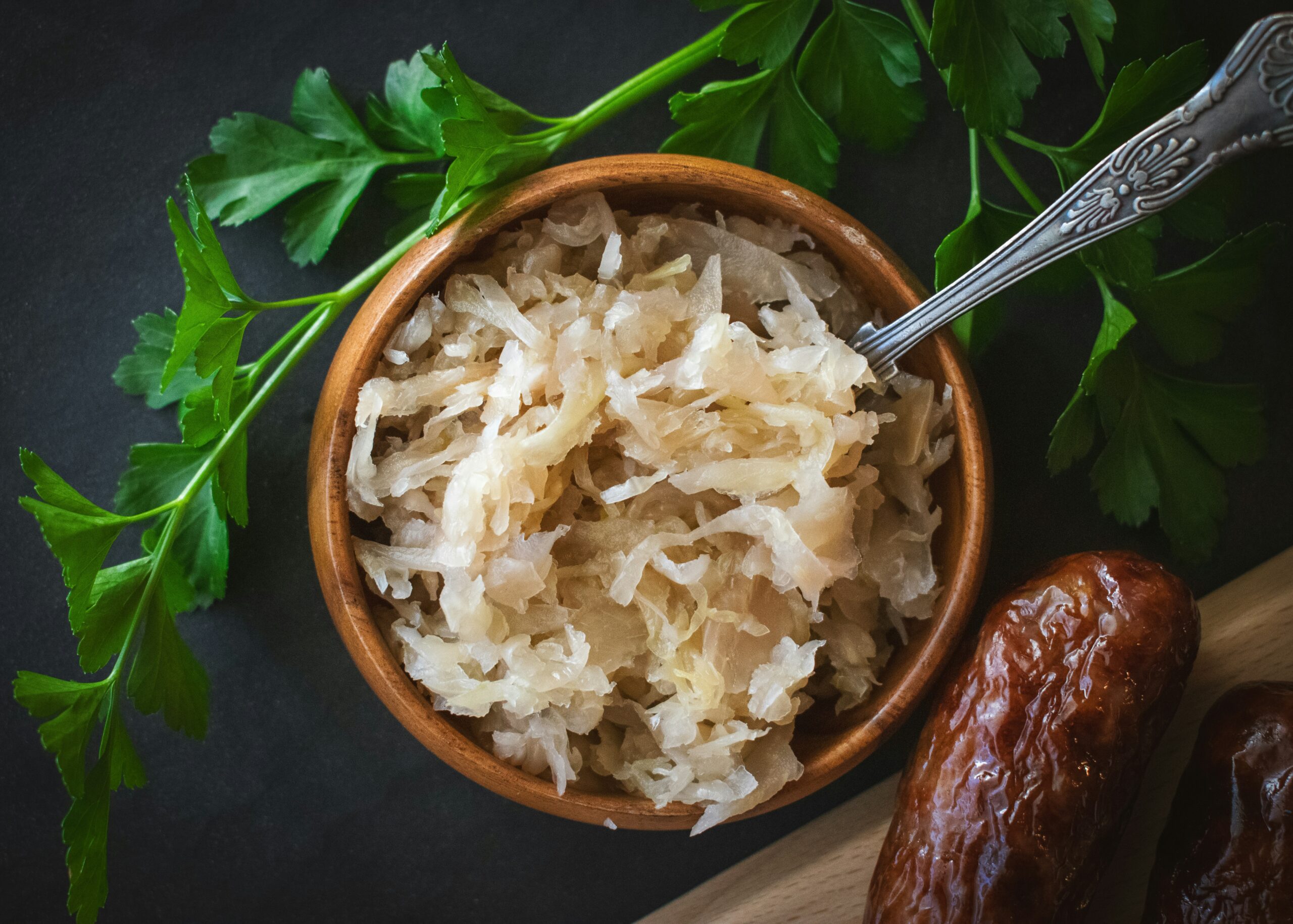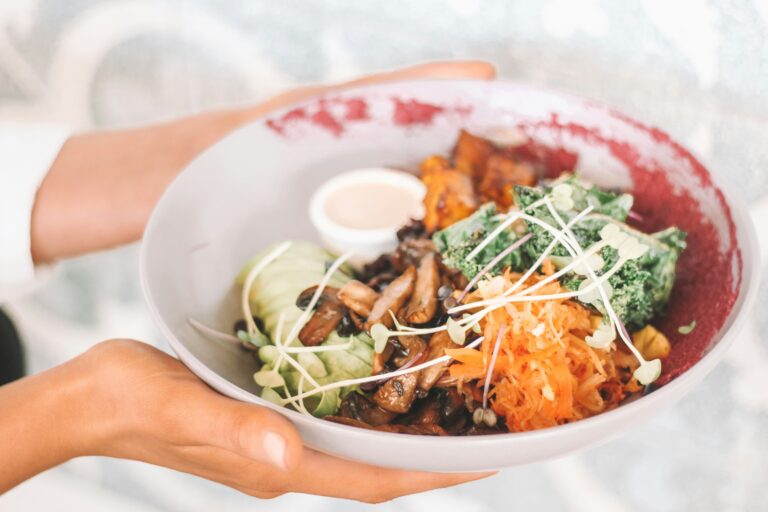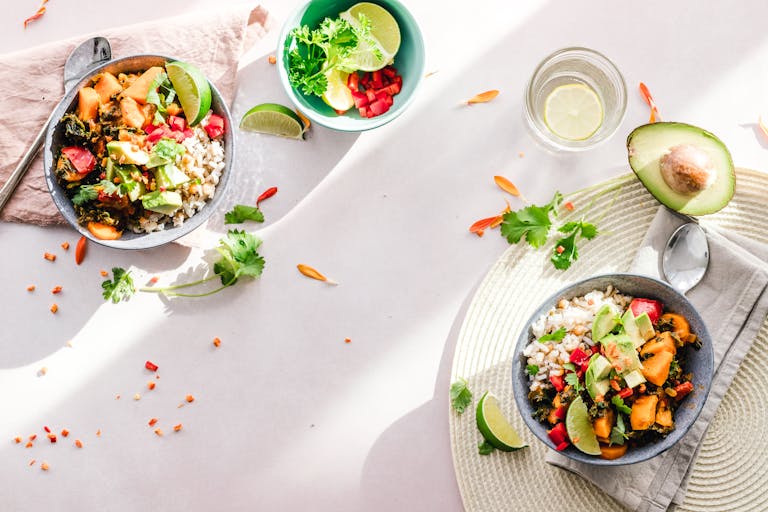Eating for Gut Health: How Probiotics and Prebiotics Support a Happy Digestive System
Gut health is the foundation of overall well-being, yet it’s often overlooked.
Your gut isn’t just about digestion—it’s home to trillions of bacteria that play a role in everything from your immune system to your mood.
By understanding the magic of probiotics and prebiotics, you can support a healthier, happier digestive system and feel your best from the inside out.
Let’s dive into why these nutritional powerhouses matter and how to incorporate them into your diet with ease.
Why Gut Health Matters
Your gut, also known as your microbiome, is a bustling ecosystem of bacteria and other microorganisms.
While this might sound a little strange, these tiny organisms are essential to your health.
A well-balanced gut microbiome supports:
- Efficient digestion of nutrients.
- Immune function by defending against harmful bacteria.
- Mental clarity and mood regulation, thanks to the gut-brain connection.
- Reduced inflammation, which can benefit your entire body.
When your gut is out of balance—due to stress, diet, antibiotics, or illness—you might experience bloating, fatigue, skin issues, or even brain fog.
This is where probiotics and prebiotics come to the rescue.
Probiotics: The Good Bacteria
What Are Probiotics?
Probiotics are live, beneficial bacteria that can restore balance to your gut microbiome.
Think of them as the “good guys” that help outnumber harmful bacteria, keeping your digestive system running smoothly.
Health Benefits of Probiotics
Probiotics are linked to a range of benefits, including:
- Better digestion: They can ease issues like bloating, gas, and constipation.
- Stronger immunity: A healthy gut means a more resilient immune system.
- Improved mental health: Probiotics are connected to reduced anxiety and better mood through the gut-brain axis.
Foods Rich in Probiotics
Incorporating probiotics into your diet is as simple as enjoying these fermented foods:
- Yogurt: Look for live cultures listed on the label.
- Kefir: A tangy, drinkable yogurt loaded with probiotics.
- Sauerkraut and kimchi: Fermented cabbage dishes with a probiotic punch.
- Miso: A Japanese paste made from fermented soybeans, great for soups and dressings.
- Kombucha: A fizzy, fermented tea that’s both refreshing and gut-friendly.
If fermented foods aren’t your thing, probiotic supplements can be a helpful alternative—just consult your healthcare provider first.
Prebiotics: The Food for Your Gut
What Are Prebiotics?
Prebiotics are non-digestible fibers that feed the beneficial bacteria in your gut.
Think of them as fertilizer for probiotics, helping them thrive and multiply.
Health Benefits of Prebiotics
By nourishing your gut bacteria, prebiotics support:
- Better nutrient absorption, especially minerals like calcium.
- Regular bowel movements, thanks to improved gut motility.
- Reduced inflammation, which can protect against chronic diseases.
Foods Rich in Prebiotics
Prebiotics are found in many plant-based foods, including:
- Bananas: Especially when they’re slightly green.
- Garlic and onions: Flavorful and gut-friendly.
- Asparagus and artichokes: Rich in inulin, a powerful prebiotic fiber.
- Whole grains: Oats and barley are great choices.
- Chicory root: Often used as a coffee substitute and high in prebiotic fiber.
The best part? Prebiotics are easy to add to your daily meals—just toss them into salads, smoothies, or roasted veggie dishes.
The Perfect Partnership: Probiotics + Prebiotics
While probiotics and prebiotics are powerful on their own, they’re even better together.
Here’s why:
- Probiotics introduce beneficial bacteria to your gut.
- Prebiotics feed those bacteria, helping them grow and thrive.
Together, they create a balanced, thriving gut microbiome, enhancing digestion and overall health.
For a gut-friendly snack, try combining the two:
- A yogurt parfait with bananas and oats.
- A miso soup with garlic and onion.
- A kimchi stir-fry with asparagus on the side.
Tips for a Gut-Healthy Lifestyle
In addition to eating probiotics and prebiotics, here are some simple habits to keep your gut happy:
- Stay hydrated: Water helps move fiber through your digestive system.
- Manage stress: Chronic stress can disrupt your gut microbiome. Practice yoga, meditation, or deep breathing.
- Avoid excessive sugar: Refined sugars can feed harmful bacteria and throw off your gut balance.
- Get enough sleep: Rest is essential for a healthy gut-brain connection.
Final Thoughts
Your gut health is the key to feeling your best, and it starts with what’s on your plate.
By adding probiotics and prebiotics to your diet, you can support a balanced microbiome, better digestion, and a happier, healthier you.
Start small—maybe with a morning yogurt or a side of roasted garlic veggies—and build from there.
Your gut will thank you!
Have you tried incorporating probiotics or prebiotics into your diet? Share your tips or favorite gut-friendly recipes in the comments below! 🥦✨






